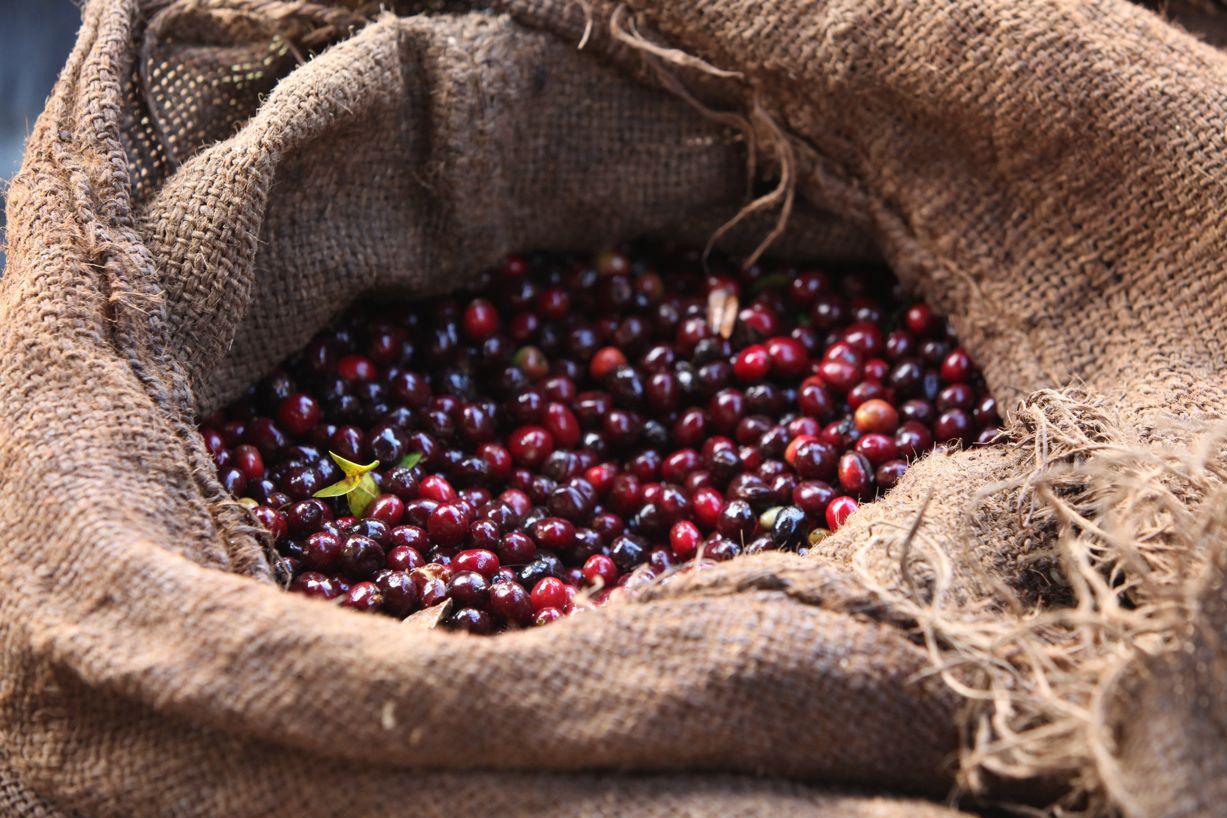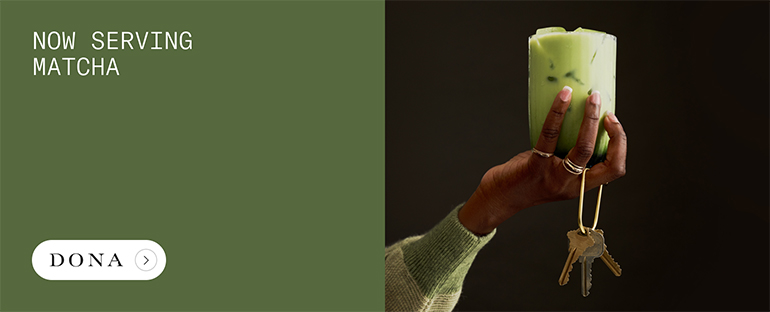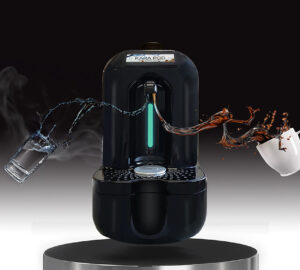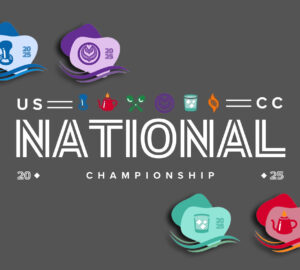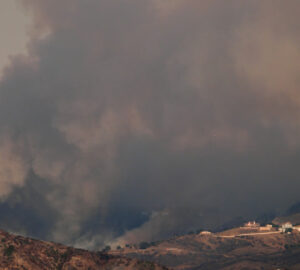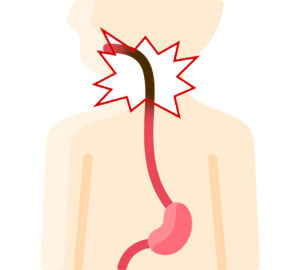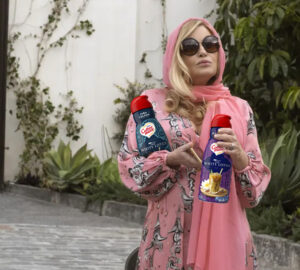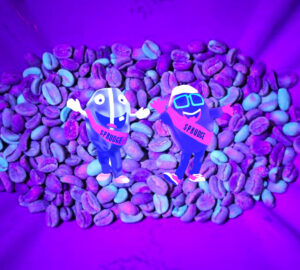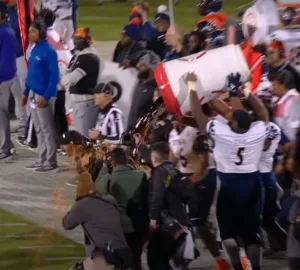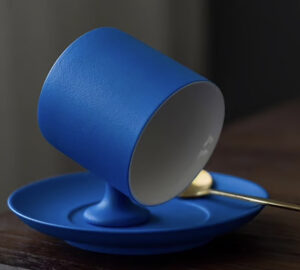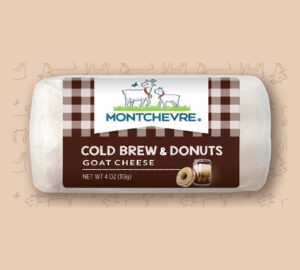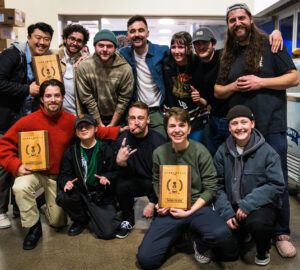If you are a coffee drinker, you’ve most likely come across the term “specialty coffee.” Maybe you’ve heard a coffee shop referred to as “specialty” or, most likely, a bag of beans deemed “specialty coffee”—but what does that mean, exactly? While some might use the term colloquially as code for “fancy” or “expensive” (or even “flavored”), specialty coffee has a finite, industry-specific definition, as well as a fascinating linguistic history. To better understand what it all means, we’re going to take a look at the meaning of “specialty coffee” and how a coffee comes to achieve that designation.
What is Specialty Coffee?
The term “specialty coffee” was coined by industry pioneer Erna Knutsen in 1974. The Specialty Coffee Association of America was established in 1982 with forty-two members, many of who sold what was then often colloquially called “gourmet” coffees direct to customers. “It is an effort to bring the coffee business back to its roots,” explained founder Donald Schoenholt of Gillies Coffee.
In a 2017 article, then-executive director of the association Ric Rhinehart defines specialty coffee “in its green stage as coffee that is free of primary defects, has no quakers, is properly sized and dried, presents in the cup free of faults and taints and has distinctive attributes. In practical terms, this means that the coffee must be able to pass aspect grading and cupping tests.”
In more concrete terms, specialty coffee is any coffee that has achieved a score of 80 or higher out of 100 on a standardized score sheet by a panel of expert coffee tasters known as Q Graders. The coffee quality progression is not linear but bell-curve shaped; it is generally accepted that only around 10% of all coffee produced reaches specialty grade.
How is Coffee Scored?
To ascertain a coffee’s score, it must undergo an expert tasting known as a cupping. But before it can even make it to that stage, the coffee must be assessed in its green, unroasted form. Graders will examine a green coffee, looking for a variety of defects, evaluating its color and odor before ultimately deeming it Specialty Grade or Below Specialty Grade.
For the cupping, a panel of Q graders assess flavor and aroma qualities of the coffee using a rigorous set of protocols to ensure all coffees are judged in near-equal conditions. Even the environment in which the cupping takes place is regulated; spaces must be quiet, well-lit, clean, and free of any environmental aromas that would hinder the Q graders’ ability to assess the coffee.
Coffee used at the cupping must be roasted no more than 24 hours prior, with a minimum of eight hours to rest. It must be roasted to a specific level, achieving a certain color, with the entire roast happening between eight and 12 minutes.
For the cupping itself, the amount of water, its total dissolved solid (TDS), and its temperature as well as the amount of coffee, its grind size, and brew time are all regulated. No less than five samples of a coffee must be evaluated during a cupping. In assessing them, Q graders score them based on their fragrance/aroma, flavor, aftertaste, acidity, body, balance, sweetness, uniformity, and cleanness. All the scores are then totaled, and if the coffee achieves an 80 or above, it is considered specialty coffee. Anything below that is generally referred to as commodity coffee.
What Coffees can be Specialty?
Any coffee, regardless of species, can be a specialty coffee so long as it achieves the 80 point threshold. In practice, coffees from the Arabica species comprise the vast, vast majority of specialty coffees. Arabica makes up about 70% of total coffee production globally and is generally considered to have a sweeter, cleaner flavor than its Robusta counterpart, though Arabica is more difficult and labor-intensive to grow. Included within the species are varieties like Typica, Bourbon, Gesha, and about 100 others. In recent years there has been a more concerted effort to create high-quality Robusta—the second-most popular coffee species, one usually prized for its resilience and high production—and the creation of specialty Robusta is becoming more and more common, though still relatively rare. There are other species still, like Eugenioides and the recently rediscovered Stenophyllia that have been graded as specialty quality, though unlike Arabica and Robusta, they don’t have a dedicated Q grader certification; cuppings and scoring for rarer species are generally undertaken by Q Arabica graders.
What is a Specialty Coffee Shop?
While not having as rigid a definition as specialty coffee does, a “specialty coffee shop” is simply any shop that sells specialty coffee. They are often referred to as being part of the “Third Wave” coffee movement, a term coined by Wrecking Ball Coffee’s Trish Rothgeb in 2002; you will sometimes also hear this style of cafe referred to as a “craft coffee shop,” a term likely borrowed from the craft beer and craft cocktail culinary movements, though the definition there is even murkier. Generally speaking, these shops use coffee that has been graded in the mid- to high- 80s, even up into the 90s for special releases.
In a more broad sense, both terms “specialty coffee” and “specialty coffee shop” connote a deeper relationship and greater care for the product. Both have been come to be defined by an appreciation for the distinct flavors inherent to a growing region, or terroir; meticulousness in every step of the coffee lifecycle, from production to brewing; a respect for the producers, often the unsung heroes of the supply chain; and a moral compulsion toward a fair and equitable supply chain.
In short, specialty coffee means better-tasting coffee in which roasters, baristas, importers, exporters, farmers and everyone else on the supply chain are treated with respect and value. This is the goal of “specialty coffee” not just as a quality designation, but also as a cultural movement. It hasn’t always lived up to these promises, but the landscape for coffee drinkers in terms of quality and choice has dramatically expanded in the last 20 years, dovetailing with increased prices paid to producers for the finest coffees worldwide and the growth of “specialty coffee” as a wider trend.
There are many miles left to go to reach the specialty coffee’s true promise, but so far it’s been quite a ride.
Zac Cadwalader is the managing editor at Sprudge Media Network and a staff writer based in Dallas. Read more Zac Cadwalader on Sprudge.











